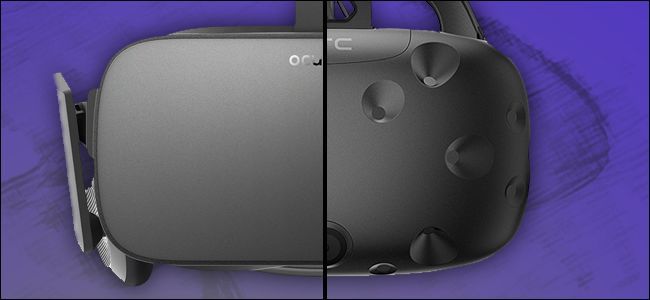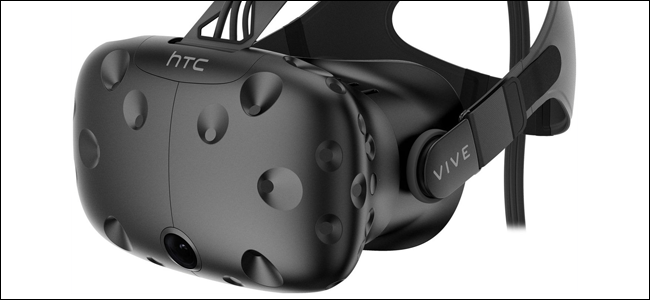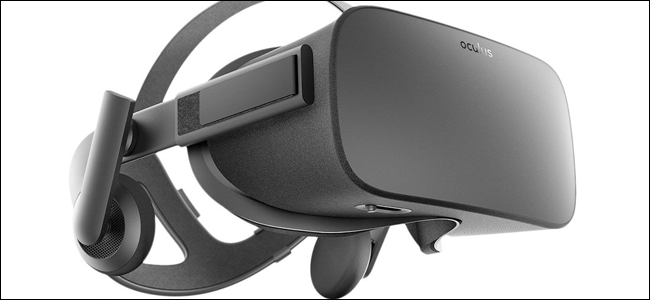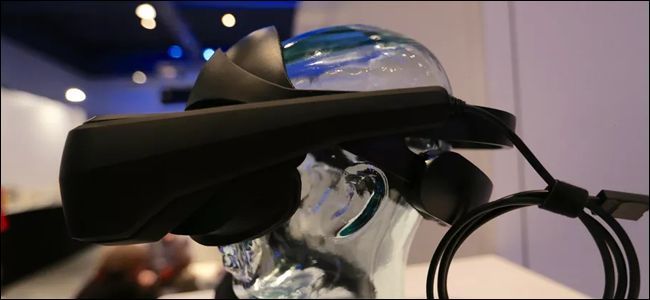The Oculus Rift and HTC Vive, the only retail-available VR headsets to use conventional gaming PCs as a platform, have been on the market for over a year. That's long enough for fans to wonder when new models will be coming out...and long enough for sellers to want to move some of the existing stock. So, is it a good time to dive head-first into virtual reality?
Short answer: Yes. Both the Rift and the Vive now have promotional pricing with significant discounts, while upgraded models still seem to be months or possibly even years away from hitting retail. You're unlikely to find a better deal on first-gen hardware than right now, and you won't get buyer's remorse from a new model any time soon.
Double-Dipping Discounts
The Vive and Rift came to market with price tags at $800 and $600, respectively. Oculus might have had the initial price advantage, but it didn't yet have motion controllers, and both headsets were far more expensive than fans had hoped for. Since both systems were far outside the realm of impulse buys, even for big-spending PC gamers, there wasn't a clear winner.
Facebook started something of a price war earlier this year, dropping the Oculus Rift down to just $400, which includes the newer touch-enabled VR controllers (and removes the somewhat redundant Xbox controller and wireless remote). That promotional price is only good for the summer, but when it goes up it will only be $500, still a good discount off the original headset package. Earlier this week HTC countered this move, dropping the price of the Vive headset and controller bundle down to $600. This appears to be a permanent price drop.
Update, October 2017: As of the latest Oculus press event, the price drop to $400 is now permanent as well.
So at the moment, you can choose an Oculus Rift for $400 ($500 at the end of August), or a Vive for $600. Both of those are still significant investments, and they still require a rather beefy gaming PC in order to actually play anything, but it's a much more palatable entry point for VR gaming. If you're ready to go, all you need to do is decide which of them to buy.
No Upgrades In Sight
VR is still a rather young technology, at least compared to the well-established console and PC gaming market. So Valve, HTC, Facebook, and a smattering of other companies are constantly researching in multiple directions, searching for ways to expand and improve the experience.
That being said, there's no indication that either of the major players will release an updated model by the end of the year, or possibly even later. Oculus is working on its "Santa Cruz" prototype, which will cut the cord with a wireless video connection, head-mounted cameras for tracking, and an integrated battery, but there's no retail release in sight. A Facebook executive was quoted as saying that fans "should not hold their breath" about new technologies for the Rift.
On the Vive side of things, the situation is a little more murky. The company is working on a standalone headset with mobile phone tech, but that won't really compare with a full PC + headset experience. HTC does plan to release first-party enhanced tracking and wireless add-ons for the first generation Vive, which indicates that they intend to sell the current hardware for quite some time before asking users to upgrade.
But there will be more conventional alternatives to the Vive soon. HTC developed its hardware in partnership with Valve, which supplied the software platform and integrated it with the ubiquitous PC game store Steam (which can also be used with the Oculus Rift). Valve is eager to attract more partners, and LG seems to be the furthest along, with a Vive-like headset with upgraded internal screens and a comfy flip-down design making the rounds a few months ago. Even so, the LG headset will compete with the current generation of VR tech, not the upgraded versions coming some time in the nebulous future.
Microsoft is also dipping a toe into VR, with recent updates to Windows and some allegedly low-cost mixed reality headsets coming from budget vendors like Acer. But there's still no solid timeframe for this push, and game developers might embrace the low-cost hardware...or not. Waiting on hypotheticals when current tech has a good discount might be a bit too optimistic.
Good to Go
Even with more and more companies crowding into the small VR market, and alternatives like mobile headsets or the PlayStation VR, now's a great time to check out the first generation of VR PC gaming hardware. You can buy confident in the knowledge that your setup won't be overshadowed in the near future, and prices are low---at least compared to where they were last year.




